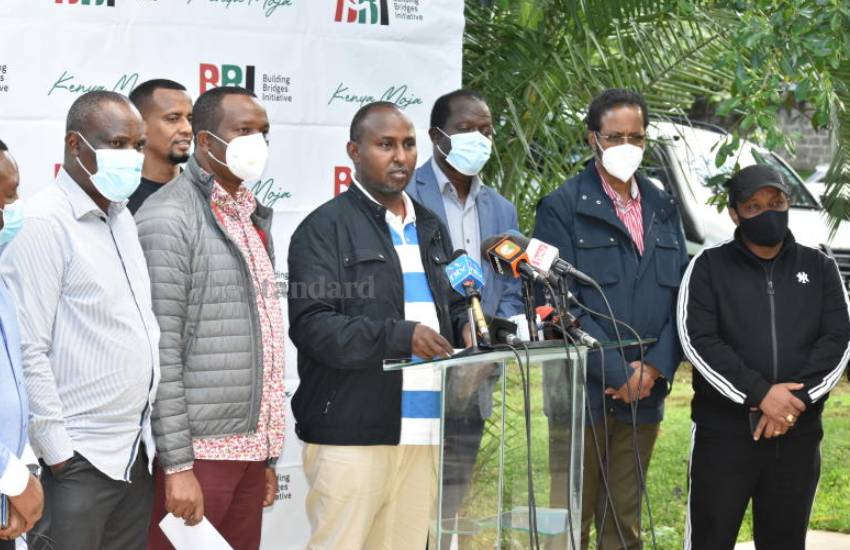×
The Standard e-Paper
Kenya’s Boldest Voice

After the High Court ruling that annulled the Building Bridges Initiative (BBI) Bill the proponents of constitutional review are now mulling options to salvage the process.
Insiders are considering three options; an appeal at the Court of Appeal, seeking a constitutional interpretation of the ruling and taking the parliamentary route to resuscitate the Constitution of Kenya (Amendment) Bill, 2020.